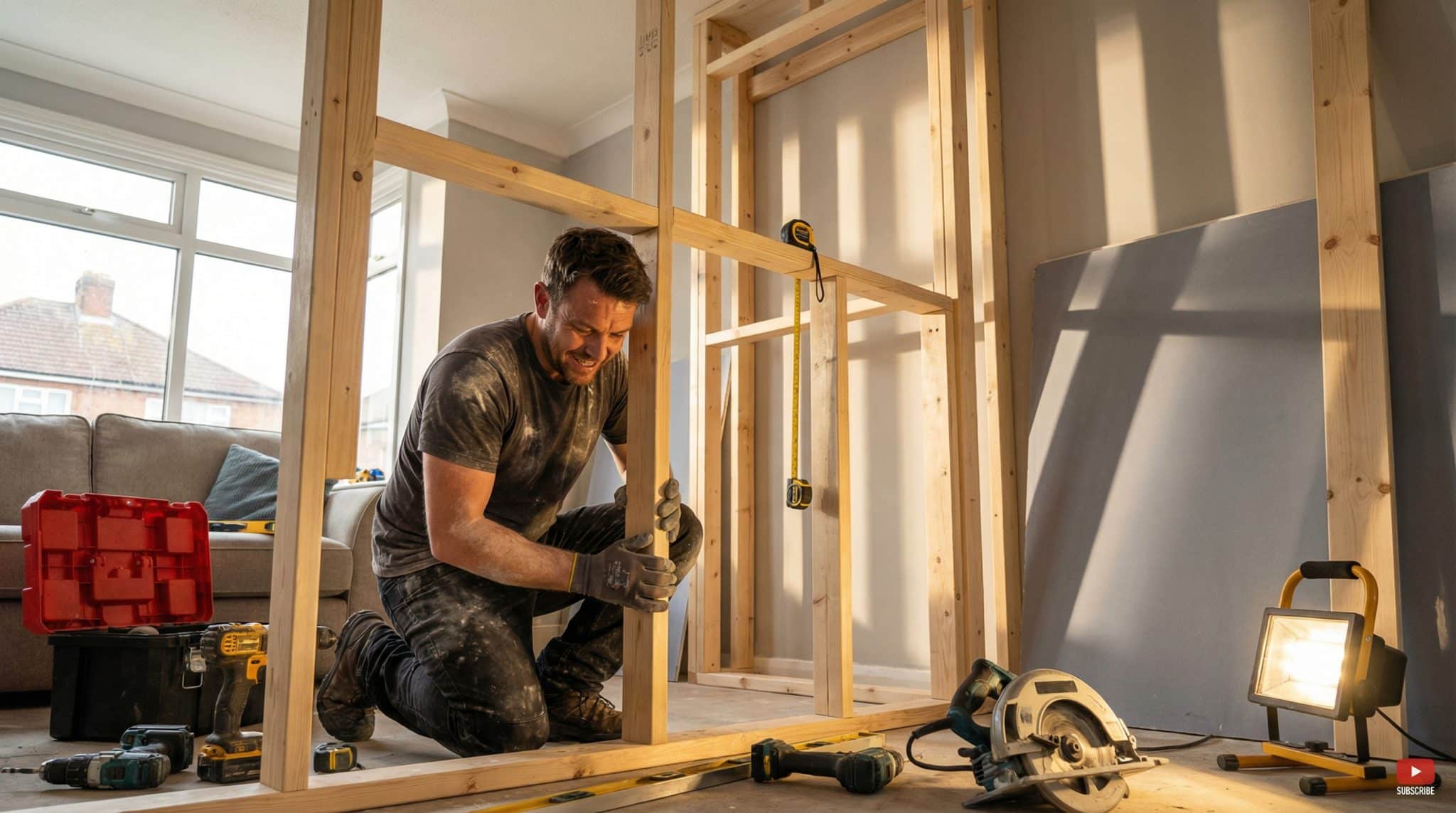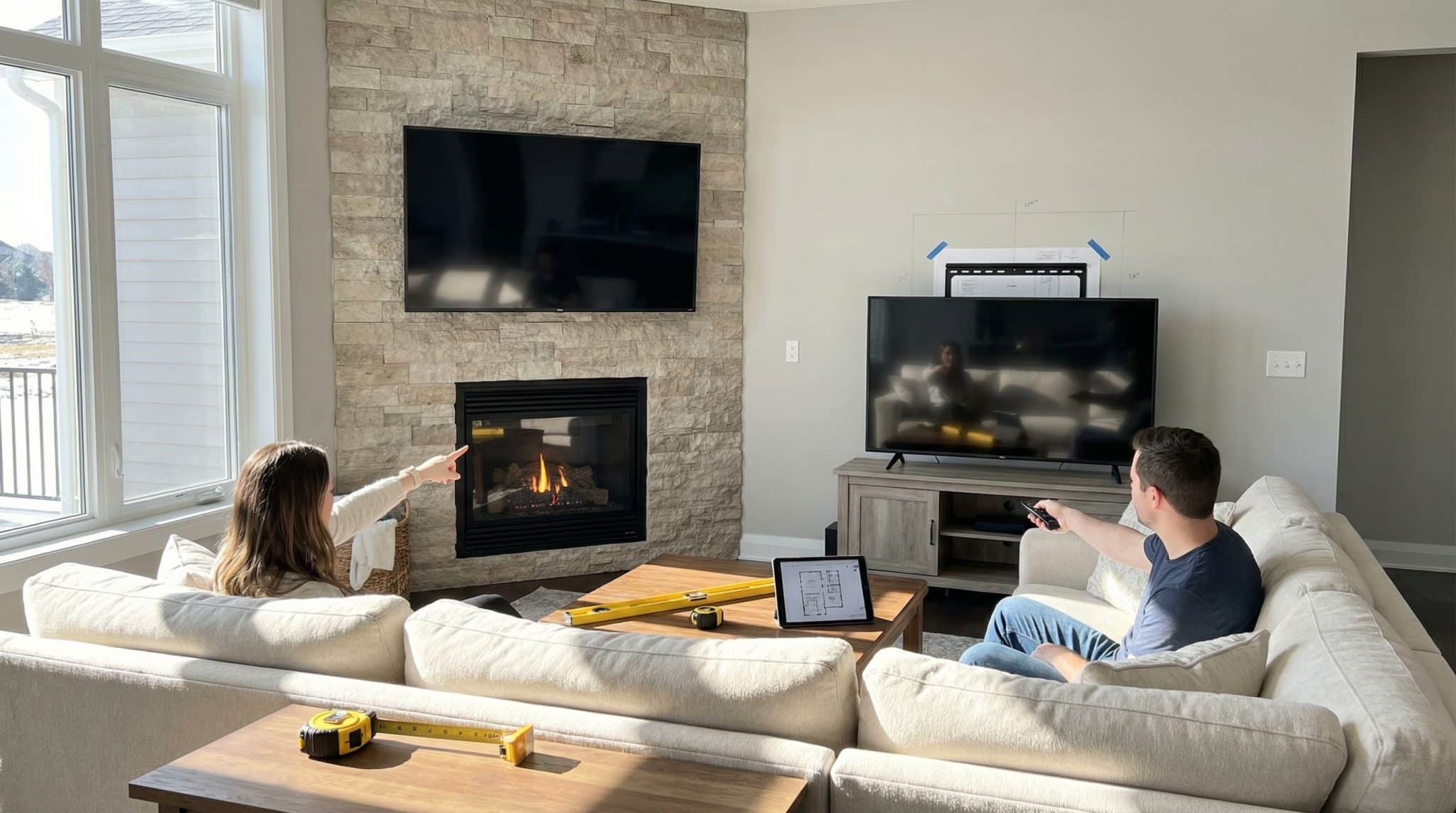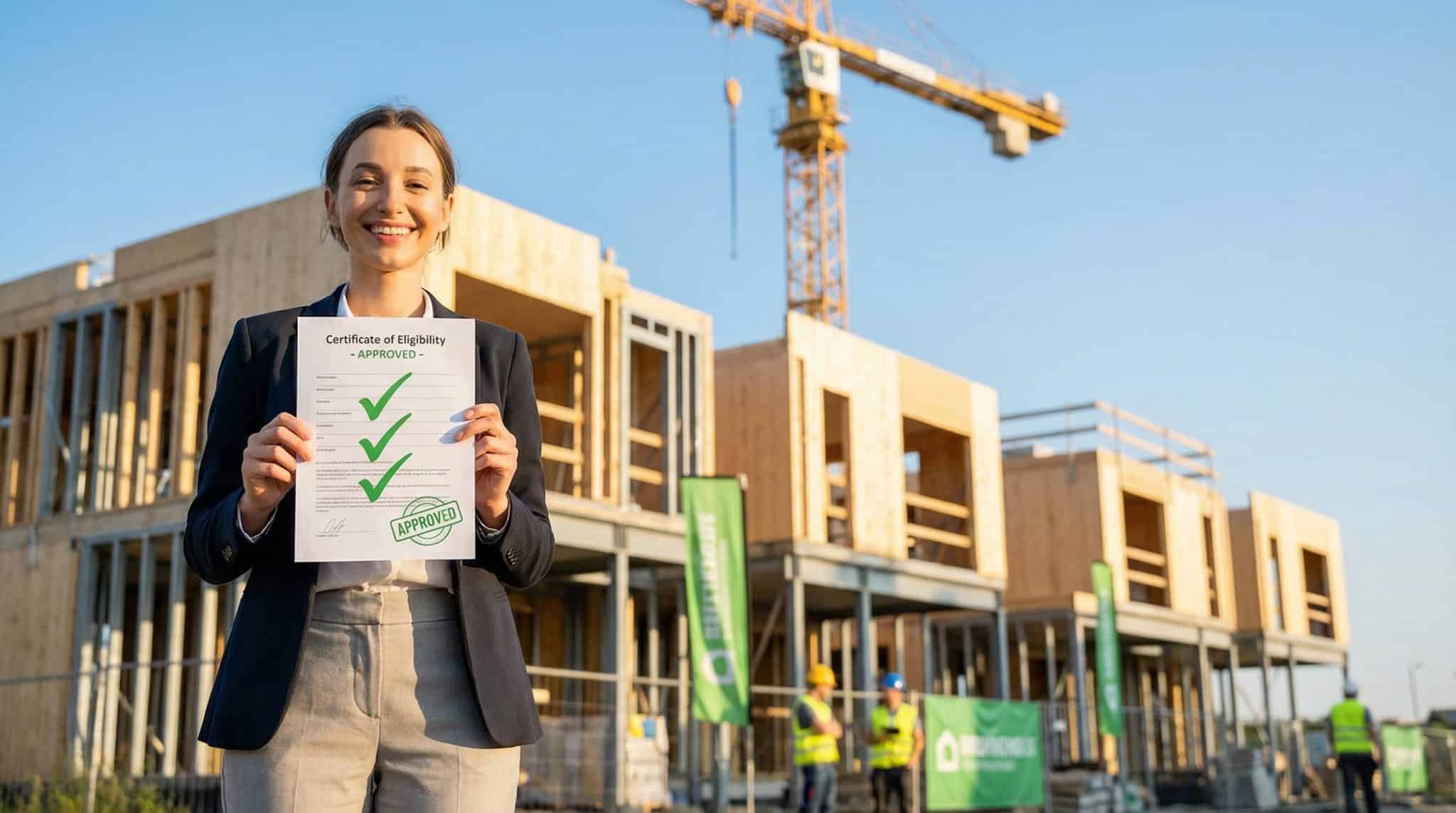House hunting can feel like a rollercoaster when you keep seeing “under offer” and “sold STC” labels on properties you love.
But here’s something most buyers don’t realize: these statuses don’t always mean you’ve missed out completely. Each term represents a distinct stage in the property sale process, and understanding the differences could help you spot opportunities that others miss.
I’ve seen buyers secure their dream homes even after properties showed these statuses. The key is knowing exactly what each term means, when deals are most likely to fall through, and how to position yourself as the smart backup option.
Let me break down everything you need to know about “under offer” versus “sold STC” so you can make informed decisions and potentially snag that perfect property.
What Does Under Offer Mean in Real Estate?
Under offer means a seller has accepted a buyer’s offer on their property. However, the sale is not final yet. Think of it as a verbal agreement between both parties.
When a property shows “under offer” status, it signals that negotiations have reached a key milestone. The seller has said “yes” to a buyer’s price and terms. However, important steps still need to be taken before the deal closes.
This status appears right after a seller accepts an offer. It typically occurs within days of receiving a strong bid from a credible buyer.
The property is immediately removed from active marketing, and real estate agents cease showing it to new buyers. However, the deal can still fall apart if problems arise during inspections or financing issues occur.
Key characteristics of under offer status
- Property is removed from active marketing
- No new viewings are scheduled with other buyers
- Both parties begin legal and financial preparations
- The deal remains uncertain until contracts are signed
- A timeline typically lasts several weeks to months
Impact on buyers
- You’ve cleared the first major step in the purchase process.
- Stay focused and maintain momentum with your lender
Impact on sellers
- You have a committed buyer, but backup offers may still be considered.
- Nothing is guaranteed until contracts are legally exchanged
What Does Sold Subject to Contract Mean in Real Estate?

Sold Subject to Contract (STC) means both parties have moved beyond the offer stage. They’re now working through legal processes to complete the sale. This status indicates a higher level of commitment than “under offer.”
STC indicates that serious legal work has started. Lawyers are involved, contracts are being prepared, and both sides are committed to closing the deal. The conveyancing process is underway.
This stage requires property surveys, title searches, and mortgage approvals, plus a property valuation. The buyer and seller have agreed on all major terms.
This status appears after the “under offer” period ends successfully. It typically occurs 1-2 weeks after the initial offer is accepted. Both parties have confirmed they want to move forward, and the sale enters its final phase.
Key characteristics of sold STC status
- Legal professionals are actively involved in the process
- Contracts are being drafted and reviewed by both sides
- Property surveys and inspections are underway or completed
- Mortgage applications are being processed and approved
- The sale is in its final stages before completion
Impact on buyers
- You’re very close to owning the property
- Focus on securing your mortgage and meeting all lender requirements
Impact on sellers
- Your property is essentially sold with a high completion probability
- The deal could still fall through, but it’s much less likely
Key Differences Between Under Offer and Sold STC
Under Offer” indicates a property is in the early stages of sale, while “Sold STC” suggests it’s closer to completion, with legal steps underway and fewer chances of the deal falling through.
| Aspect | Under Offer | Sold STC | Availability | Seller’s Flexibility | Buyer’s Actions |
|---|---|---|---|---|---|
| Definition | The offer has been accepted, but the sale has not been finalized. | Offer accepted, legal process underway. | Not actively marketed. | The seller can still consider other offers. | Buyer may still negotiate or make a backup offer. |
| Stage | Early stage of the sale process. | Advanced stage, closer to completion. | Property not available for new offers. | The seller has committed, but the details are not final. | There are limited options for buyers, but it is possible to act if the deal falls through. |
| Legally Binding? | No, not legally binding yet. | Not legally binding, but close to completion. | The property is taken off the market. | It can still be pulled out, but it’s less likely. | Can still make offers if “Under Offer.” |
| Risk of Falling Through | High, the deal can still fall apart. | Lower risk, but still possible. | The property is not available anymore. | Can back out, but with less flexibility. | Buyers should wait or act quickly if “Under Offer.” |
| Next Step | Negotiation and checks are still pending. | Legal checks, contracts pending. | Property no longer listed. | Less flexibility for the seller to entertain offers. | Once “Sold STC,” the buyer cannot easily make offers. |
In summary, “Under Offer” is an earlier stage in the process where the sale is not guaranteed, while “Sold STC” is a later stage, closer to finalizing, with fewer risks of the deal falling through.
What Buyers Should Know About Under Offer vs Sold STC?
When you find your dream property marked as “under offer” or “sold STC,” don’t give up immediately. Both statuses still leave room for potential opportunities, though your chances vary significantly.
Responding to under-offer properties: Contact the listing agent right away to express your interest. Many agents accept backup offers in case the primary deal falls through. Submit a competitive offer with favorable terms to position yourself as the preferred alternative buyer.
Responding to sold STC properties: Your options become much more limited at this stage for most house buyers. The sale has progressed to legal proceedings, making backup offers less common. However, some agents still consider backup offers if the price is exceptionally attractive.
Whether waiting is worthwhile: Generally, continue your property search rather than waiting for a specific deal to collapse. Statistics show that most under offer properties complete successfully within 8-12 weeks. Sold STC properties have even higher completion rates, typically around 75-80%.
Deal failure possibilities: Both statuses can still result in failed sales. Under offer deals commonly fall through due to financing problems, survey issues, or chain complications. Sold STC deals occasionally fail due to legal complications, mortgage rejections, or significant property defects discovered during final inspections.
Seller’s Perspective: Under Offer vs Sold STC

Sellers face different situations and responsibilities depending on whether their property is under offer or sold subject to contract (STC). Understanding these stages helps you make informed decisions about your sale.
Seller options during under offer status: You can still consider other offers while your property is under offer. Since no legal contracts have been signed, you’re not bound to the current buyer. Many sellers accept backup offers as a form of insurance against deal failure. However, maintaining good faith with your current buyer is important for smooth negotiations.
After reaching sold STC status, your commitment level increases significantly once the property is sold as a sold STC. Legal proceedings have begun, solicitors are involved, and withdrawing becomes more complicated and expensive. You should focus on meeting all legal requirements and preparing for completion rather than considering new offers.
Managing Failed Sales: If your deal collapses at any stage, act quickly to minimize market time. Contact your estate agent immediately to restart the marketing process. Review what caused the failure to prevent similar problems with future buyers. Consider adjusting your price if financing or valuation issues caused the collapse.
Key preparation steps Include Keeping all property documents ready, maintaining the property’s condition, and responding promptly to legal requests. Good preparation reduces the likelihood of deal failure and helps ensure smooth progression from under offer to successful completion.
Conclusion
Understanding the difference between “under offer” and “sold STC” gives you a real advantage in today’s competitive property market. While “under offer” leaves room for backup opportunities, “sold STC” means you’re likely too late, but not always.
The property market is unpredictable, and deals fall through more often than you’d expect. Smart buyers stay active, submit backup offers where appropriate, and continue searching rather than waiting for a single property.
For sellers, knowing these stages helps you manage expectations and make better decisions about backup offers and timing.
Ready to put this knowledge into practice? Start by contacting agents about any “under offer” properties that caught your eye, and you might be surprised by the opportunities that still exist.
Frequently Asked Questions
At What Stage Do Most House Sales Fall Through?
Most house sales fall through during the “under offer” stage, typically within 4-8 weeks after offer acceptance, before reaching “sold STC” status.
What Is the Longest a House Can Be Under Contract?
A house can stay under contract for several months, but most complete within 8-12 weeks. Complex chains or legal issues can significantly extend this timeframe.
Can a House Under Contract Be Sold to Someone Else?
Yes, until contracts are legally exchanged, sellers can accept other offers. “Under contract” or “under offer” isn’t legally binding in most cases.
















